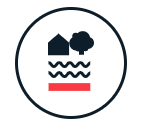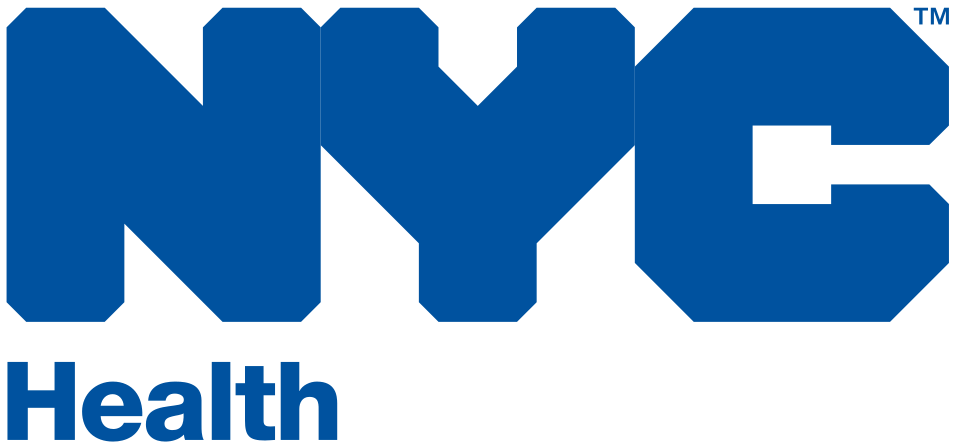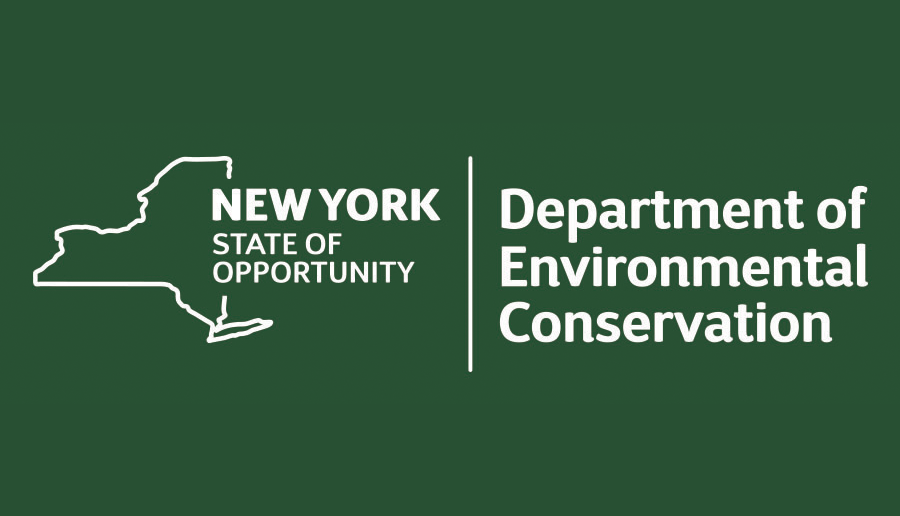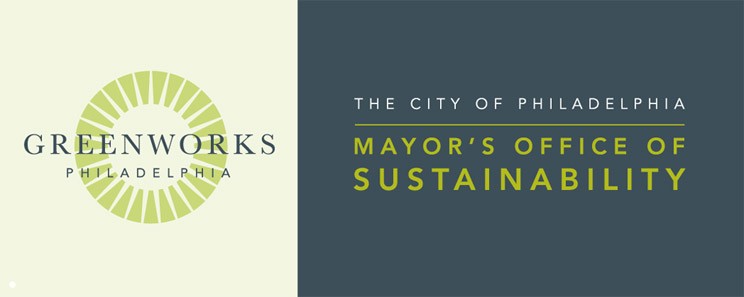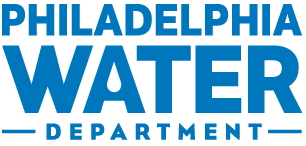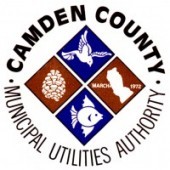About CCRUN
CCRUN’s History
The Consortium for Climate Risk in the Urban Northeast (CCRUN) is supported by NOAA’s Climate Adaptation Partnerships (CAP) program (formerly Regional Integrated Sciences and Assessments (RISA))program. CCRUN’s first award was granted in 2010, and the second Phase of CCRUN began in 2015 and ran through 2021. CCRUN received their third award in 2021 and it is envisioned to continue through 2026.
CCRUN conducts stakeholder-driven research in the urban Northeast United States. Our team has a strong network of decision-makers, local and municipal officials, and research and subject matter experts, along the corridor running from Philadelphia to New York City, to Boston. Extreme events (from Hurricane Sandy in 2012 to the recent flooding from Hurricane Ida in 2021) have helped foster awareness among decision-makers and scientists that more work is needed to plan for the impacts of weather and climate extremes on the diverse and interconnected communities and infrastructure systems characterizing the region.
Cities and medium and smaller sized communities throughout the urban Northeast continue to pioneer efforts to plan and implement a variety of adaptation strategies to enhance climate resilience, with many contributions from the CCRUN team.
The NOAA CAP/RISA Program
NOAA’s Climate Adaptation Partnerships (CAP) program (formerly Regional Integrated Sciences and Assessments (RISA)) supports research teams that help expand and build the nation’s capacity to prepare for and adapt to climate variability and change. Central to the CAP/RISA approach are commitments to process, partnership, and trust building. CAP/RISA teams work with public and private user communities to:
- advance understanding of context and risk;
- support knowledge to action networks;
- innovate services, products and tools to enhance the use of science in decision making; and
- advance science policy.
Research Highlights
During the first year of Phase II, CCRUN expanded its research partner network through a series of new endeavors, while continuing to support work started in Phase I.
During the second year of Phase II, CCRUN continued to broadened its research partner network through a series of new endeavors, while expanding interactions amongst the research teams.
During the third year of Phase II, CCRUN further expanded its research partner network through a series of new endeavors, while expanding interactions amongst the research teams.
CCRUN’s research has ramped up at the community and neighborhood scale within the three major cities in the urban corridor of the Northeast, while also expanding into medium and smaller sized municipalities in the region.
CCRUN is moving beyond traditional approaches to more interactive, and in some cases, real-time, forums to co-produce knowledge.
CCRUN advanced efforts to address next-user demands while integrating emerging research topics as they came to the forefront.
CCRUN embarked on the first year of research in Phase III, while continuing and completing projects from Phase II.
CCRUN deepened engagement within communities in the urban Northeast, including the launch of the Community Climate Resilience (CCR) Grant Competition.
Stakeholders
